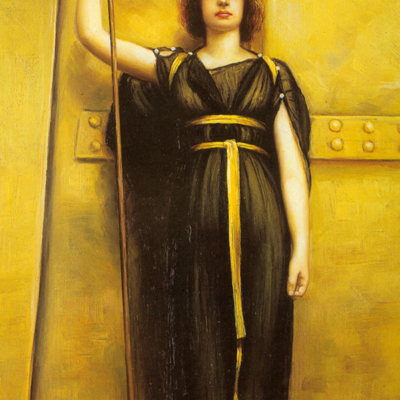 In 1592 a massive outbreak of the plague hit London (over the next two years 15,000 people would die). As was common during times of plague, the theaters were closed in an effort to slow the spread of the disease. Acting companies were forced to leave the city on tour and the demand for new plays became virtually nonexistent.
In 1592 a massive outbreak of the plague hit London (over the next two years 15,000 people would die). As was common during times of plague, the theaters were closed in an effort to slow the spread of the disease. Acting companies were forced to leave the city on tour and the demand for new plays became virtually nonexistent.
During this time, Shakespeare wrote his two epic poems: Venus & Adonis and Lucrece (now more commonly known as The Rape of Lucrece). These poems were dedicated to the Earl of Southhampton, and the popular hypothesis is that the young Shakespeare — faced with destitution in the face of the plague — sought out a patron for his poetic arts. Even more hypothetically, it may have been Southhampton’s patronage which made it possible for Shakespeare to purchase a share in the Lord Chamberlain’s Men in 1594 when the plague came to an end.
Shakespeare never wrote another epic poem, but, perhaps unsurprisingly, the tale of Lucrece continued to influence his work: Macbeth goes “with Tarquin’s ravishing strides” to murder Duncan; in Coriolanus the downfall of the Tarquin kings (as a direct result of the events depicted in Lucrece) serves as a backdrop for the political drama; Hamlet, like Lucrece, dwells on the death of Priam and the weeping of Hecuba as an analog for his own grief; in both Romeo & Juliet and A Midsummer Night’s Dream the imagery of raped Philomel transformed into the singing nightingale is evoked (as it is in Lucrece); in Twelfth Night Shakespeare even gives us a little personal product placement for Lucrece (by using it as Olivia’s signet ring).
Originally posted on August 10th, 2011.












